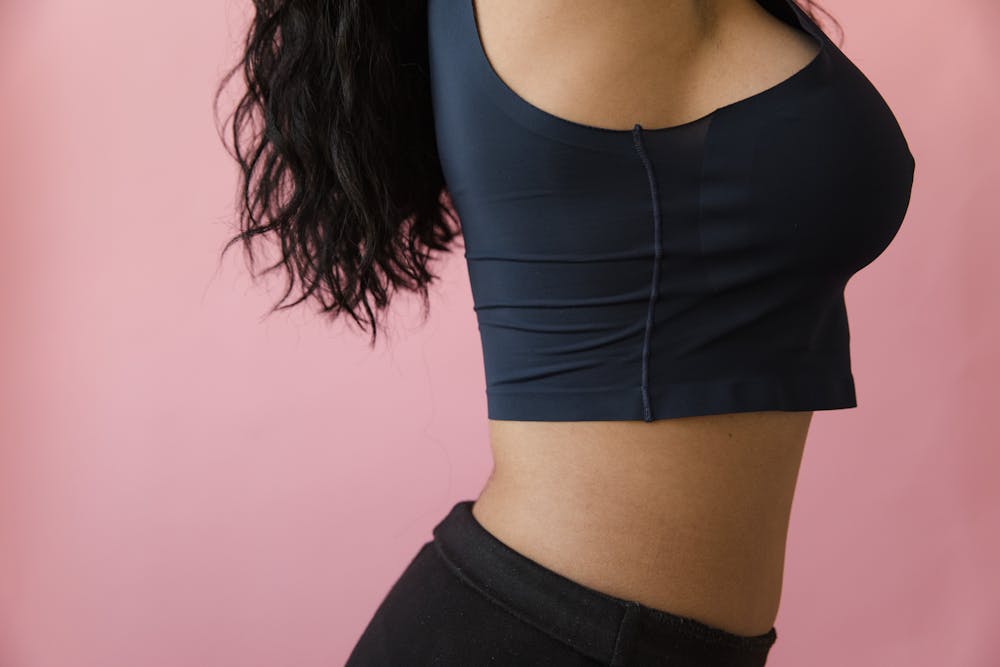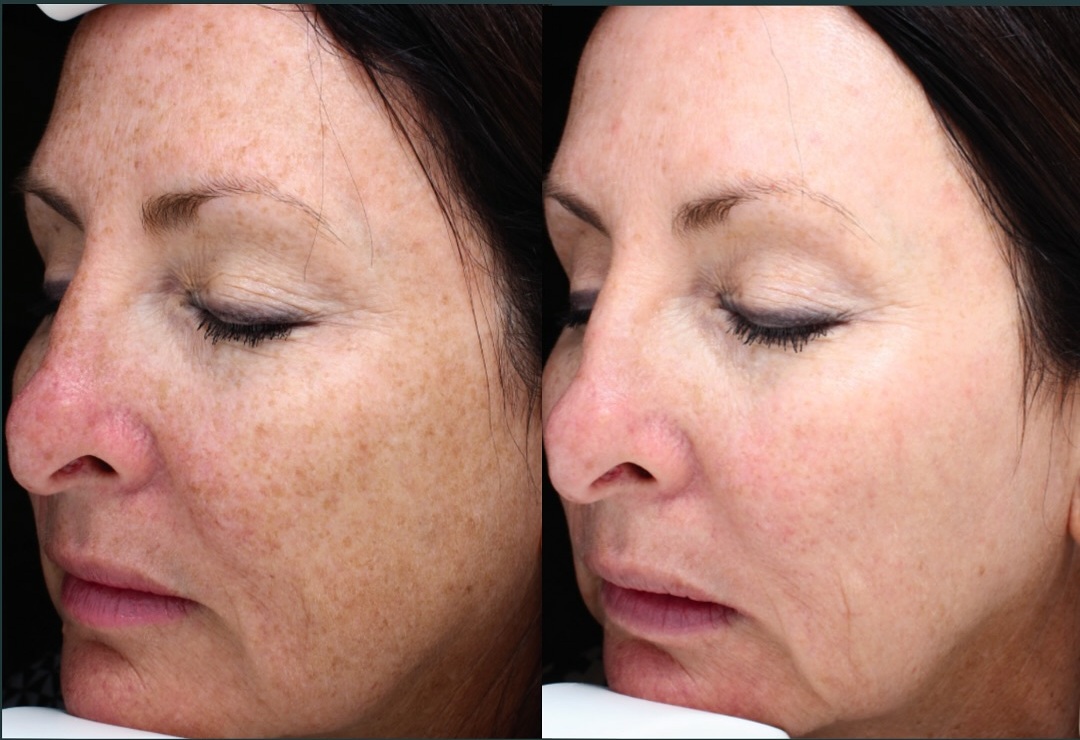Rhinoplasty, commonly known as a nose job, is one of the most popular cosmetic surgeries. As a consultant plastic surgeon with years of experience Mr Naveen Cavale has guided numerous patients through both the procedure and the recovery process. Here, he shares ten essential tips to ensure a smooth and speedy recovery from rhinoplasty.
1. Follow Post-Operative Instructions Carefully
Your surgeon will provide specific post-operative instructions tailored to your individual case. Adhering strictly to these guidelines is crucial for a successful recovery. This includes medication schedules, cleaning routines, as well as activity restrictions.
2. Keep Your Head Elevated
Maintaining your head in an elevated position, especially during sleep, reduces swelling and promotes proper blood flow. Use extra pillows or a wedge to prop yourself up for at least the first week post-surgery. However, if you’re really struggling to sleep like this, forget it. It’s more important to get a good night’s sleep and rest up – this is better for healing!
3. Stay Hydrated
Proper hydration is essential for your body’s healing process. Drinking plenty of water helps flush out toxins and reduces the risk of complications such as infection. Avoid beverages that can dehydrate you, like alcohol and caffeine.
4. Eat a Balanced Diet
Your body needs nutrients to heal effectively. A balanced diet rich in vitamins and minerals, particularly Vitamin C and protein, will support tissue repair and reduce recovery time. Incorporate plenty of fruits, vegetables, lean meats and whole grains into your meals.
5. Avoid Strenuous Activities
Physical exertion can increase blood pressure and lead to complications such as bleeding or prolonged swelling. Avoid strenuous activities, including heavy lifting and vigorous exercise, for at least four to six weeks post-surgery. No contact sports such as football, hockey – anything that can lead to elbows etc. for 3 months.
6. Avoid Blowing Your Nose
It’s imperative to avoid blowing your nose for the first few weeks after surgery. Doing so can disrupt the healing process and cause bleeding. If you need to sneeze, try to do so with your mouth open to minimise pressure on your nose.
7. Be Patient with Swelling
Swelling is a natural part of the recovery process and can persist for several weeks to months. Patience is key, as the final results of your rhinoplasty may not be fully visible until a year post-surgery. Follow your surgeon’s advice on managing swelling.
8. Protect Your Nose from Sun Exposure
Direct sunlight can cause pigmentation changes in your healing skin. Protect your nose by wearing a hat and applying a high-SPF sunscreen when going outdoors. This precaution can help prevent scars from becoming more noticeable.
9. Attend Follow-Up Appointments
Regular follow-up appointments with your surgeon are essential to monitor your progress and address any concerns. These check-ups allow your surgeon to ensure your nose is healing correctly and to intervene early if any issues arise.
10. Don’t use sprays without consulting your surgeon.
A lot of people use nasal sprays to help with the congestion but these should not be used without speaking with your surgeon first.
11. Bonus tip – Try to arrange support at home.
A buddy, such as a family member or friend, can be very helpful during the first few weeks of recovery. Rhinoplasty recovery can be slow and there will be ups and downs, so having someone on hand can be very helpful.
Conclusion
Recovering from rhinoplasty requires patience, care and adherence to your surgeon’s advice. By following these ten tips, you can help ensure a smoother recovery process and achieve the best possible results from your procedure.
For more information about rhinoplasty in London, you can schedule a consultation by clicking HERE.
Suggested Read:













Are plastic surgery results permanent?